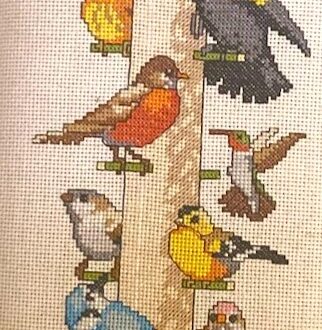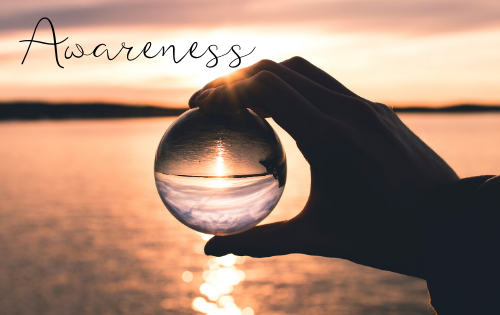
Take Five
One of the most famous jazz tunes of all time is Take Five, composed by Paul Desmond and made famous by The Dave Brubeck Quartet. Its percussive rhythm and distinctive saxophone melody may be familiar to you. It continues to be performed by jazz musicians the world over since its debut in 1959. The Quartet often ended their concerts with Take Five as one by one, the musicians left the stage until only the drummer was left to beat out the compelling rhythm. Take Five remains the best-selling jazz single of all time.1
The name Take Five comes from the unusual 5/4 time signature of the piece. If you listen to Brubeck’s Take Five, you will hear a lively tune full of energy and unexpected twists and turns. You can get lost in the saxophonist’s piercing melody, the bassist’s skill, the pianist’s improvisations, the drummer’s riffs. As a listener, all I must do, is…listen. Just like a jazz musician, I do my own riff on Brubeck’s Take Five and take its melody/meaning in an unexpected direction. Take Five is also short for Take Five Minutes, popular advice to take a short break. When someone asks us to Take Five, they don’t mean for us to permanently stop doing, or caring or hoping. Take Five just means it’s time to let things lie, if only for a little while. Take Five says it’s okay to quit temporarily: Quit working, quit worrying, quit speculating, and yes, even quit wishing or longing. This is not a giving up type of quitting. It is a stepping-back. I think of health care professionals and counselors, picture grieving friends and families and confused, restless school children and I know that a simple break is not the answer. This is a time of world struggle. I struggle. You struggle. The intensity varies but the pain is still real. I feel the bone-deep need to give myself over to a different kind of rest in the wilderness of this August. To rest from fixing and deciding and strategizing and planning and even from hoping. I neither ignore problems nor strive to solve them, not just now. It is instead time to Take Five, when nothing is required of me but to take in the moment.
Artist, writer and minister Jan Richardson writes: There are times, sometimes seasons, for removing ourselves from the struggle. Time for Sabbath. Time for rest.2 Richardson is not suggesting a morning coffee break or a soak in a hot bath, or even a spiritual practice such as pilgrimage or prayer. She does not trivialize this need to turn away from struggle; she honors it. It is a necessary way to abide, to listen. She describes a stopping, not a siesta. As we set aside our struggles, we make space for the Holy. In this absence of struggle, the Sacred flows.
The music, Richardson’s writings, and the unpredictable times begin to blend together in a much needed harmony. Today, I stop. Today, I listen. Today, I quit. I pull up YouTube on my phone and listen to Take Five. I decide to Take Five Minutes. One by one, my struggles slowly leave center stage. I don’t know what sounds, what grace and insights, will linger– maybe nothing will, maybe everything will. I invite God to enter this Holy place with me. I listen to the voice of Sabbath. It sounds a lot like a saxophone.
Reflection Questions:
Have you ever experienced a time when you needed to step back from a struggle? How did this experience shape your faith?
1 Background info on Take Five from online sources and Wikipedia.
2. Quote from In the Sanctuary of Women, 2010 by Jan Richardson. For more information and to access Richardson’s art and writings, visit her website https://www.janrichardson.com/
You will be amazed and blessed by her work.
Photo by Reno Laithienne. Available online at Unsplash, site of free images.





2 Comments
Nita Gilger
Dave Bruebeck is one of my favorites. Thank you for the reminder to pay attention to the rhythms of life—-emotionally, physically, and spiritually. Sabbath moments are a healing use of time.
Dana Ferguson
Love this, Beth! Thank you!